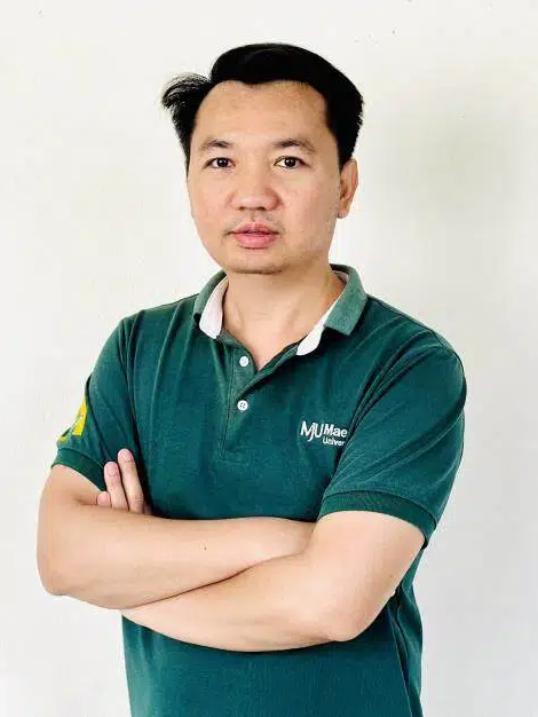Language:
Invited Speakers
Prof. Angela Lee Siew Hoong
Sunway University, Malaysia

Biography: Professor Dr. Angela Lee Siew Hoong is the Deputy Dean (Employability & Alumni) at the Faculty of Engineering and Technology, Sunway University, Malaysia. Recognised as a pioneer of Data Science education in Malaysia, she spearheaded the launch of Sunway’s Data Science degree in 2009, one of the first in the region, and has led curriculum innovation for more than a decade. Prof. Angela is a two-time SAS Global Forum Distinguished Educator Award (Asia Pacific) winner (2021 & 2024) and recipient of the National Outstanding Educator Award (2023). She has published extensively in the fields of Healthcare Analytics, Technology Adoption, Predictive Modelling, and AI in Education. She currently serves on the editorial boards of the Journal of Data Science and the Journal of Business Administration Research. She has been an editorial board member of the Journal of IT in Industry & Journal of Computing Algorithm. She is also an active reviewer for international journals and conferences, including Vine Journal of Information and Knowledge Management Systems and the International Journal of Machine Learning and Computing. Her professional memberships include IEEE, MBOT, AIS, IFIP, MYAIS, and she is a Fellow of the Higher Education Academy (UK). She is also the founder of the SAS User Group Malaysia and Sunway Analytics Society. A frequent keynote speaker and thought leader, Prof. Angela continues to champion AI, analytics, and industry collaboration to drive innovation, healthcare transformation, and employability.
Assoc. Prof. Grienggrai Rajchakit
Maejo University, Thailand

Biography: G. Rajchakit was born in 1981. He received the B.S. degree in mathematics from Thammasat University, Bangkok, Thailand, in 2003, the M.S. degree in applied mathematics from Chiang Mai University, Chiang Mai, Thailand, in 2005, and the Ph.D. degree in applied mathematics from the King Mongkut’s University of Technology Thonburi, Bangkok, in the field of mathematics with specialized area of stability and control of neural networks. He is currently working with the Department of Mathematics, Faculty of Science, Maejo University, Chiang Mai. He has authored or coauthored more than 200 research articles in various SCI journals. His research interests include complex-valued NNs, complex dynamical networks, control theory, stability analysis, sampled-data control, multi-agent systems, T-S fuzzy theory, and cryptography. He was a recipient of the Thailand Frontier Author Award by the Thomson Reuters Web of Science in 2016 and the TRF-OHEC-Scopus Researcher Award by the Thailand Research Fund (TRF), Office of the Higher Education Commission (OHEC) and Scopus in 2016. He also serves as a reviewer for various SCI journals.

 Chinese
Chinese